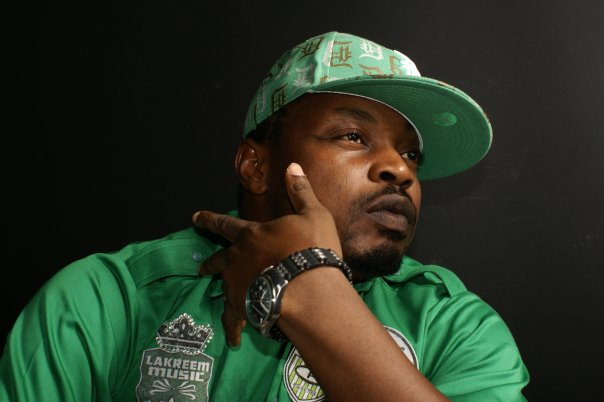
The Socio-Economic Rights and Accountability Project (SERAP) has taken legal action against the National Broadcasting Commission (NBC) for banning Eedris Abdulkareem’s song Tell Your Papa, which reportedly criticizes President Bola Tinubu’s economic policies.
The NBC prohibited the song from being aired on radio and television, citing its “objectionable nature” and violation of “public decency standards.” SERAP, however, argues that the ban is arbitrary, illegal, and unconstitutional.
In the suit numbered FHC/L/CS/797/2025 filed at the Federal High Court in Lagos, SERAP is seeking an order to nullify the ban, describing it as inconsistent with the rights to freedom of expression, access to information, and media freedom. The group is also requesting a perpetual injunction to prevent NBC or any other authority from barring the song from being aired on broadcast platforms across Nigeria.
According to SERAP, the NBC’s April 9 directive to all broadcast stations banning the song is unlawful and incompatible with constitutional and international human rights standards. The organization states that censorship under the guise of “protecting public decency” cannot justify suppressing dissent or political commentary.
SERAP emphasizes that freedom of expression includes not only agreeable ideas but also those that challenge, shock, or disturb. It argues the ban has a chilling effect on artistic freedom and public discourse, noting that the NBC has not demonstrated any specific harm that the song might cause to legitimate state interests.
The group also challenges Section 3.1.8 of the Nigeria Broadcasting Code, describing it as overbroad and excessively intrusive. It argues that vague standards like “objectionable content” and “public decency” should not serve as pretexts for suppressing music critical of government policies.
Filed on behalf of SERAP by lawyers Kolawole Oluwadare, Oluwakemi Agunbiade, and Valentina Adegoke, the suit insists that all individuals have the right to freedom of expression and artistic creativity. The ban, they argue, fails to meet legal standards of necessity and proportionality.
Art, SERAP notes, plays a vital role in democratic societies by fostering dialogue, counter-narratives, and reflection on societal issues. Suppressing such expression stifles debate and undermines democracy.
The organization maintains that NBC’s action violates Section 39 of the 1999 Constitution, Article 9 of the African Charter on Human and Peoples’ Rights, and Article 19 of the International Covenant on Civil and Political Rights (ICCPR), to which Nigeria is a signatory.
Article 19 of the ICCPR protects the right to freedom of expression, including the freedom to seek, receive, and impart information and ideas in any form, including art. SERAP warns that unjustified censorship not only harms artists but also weakens public engagement, artistic livelihoods, and democratic culture.
